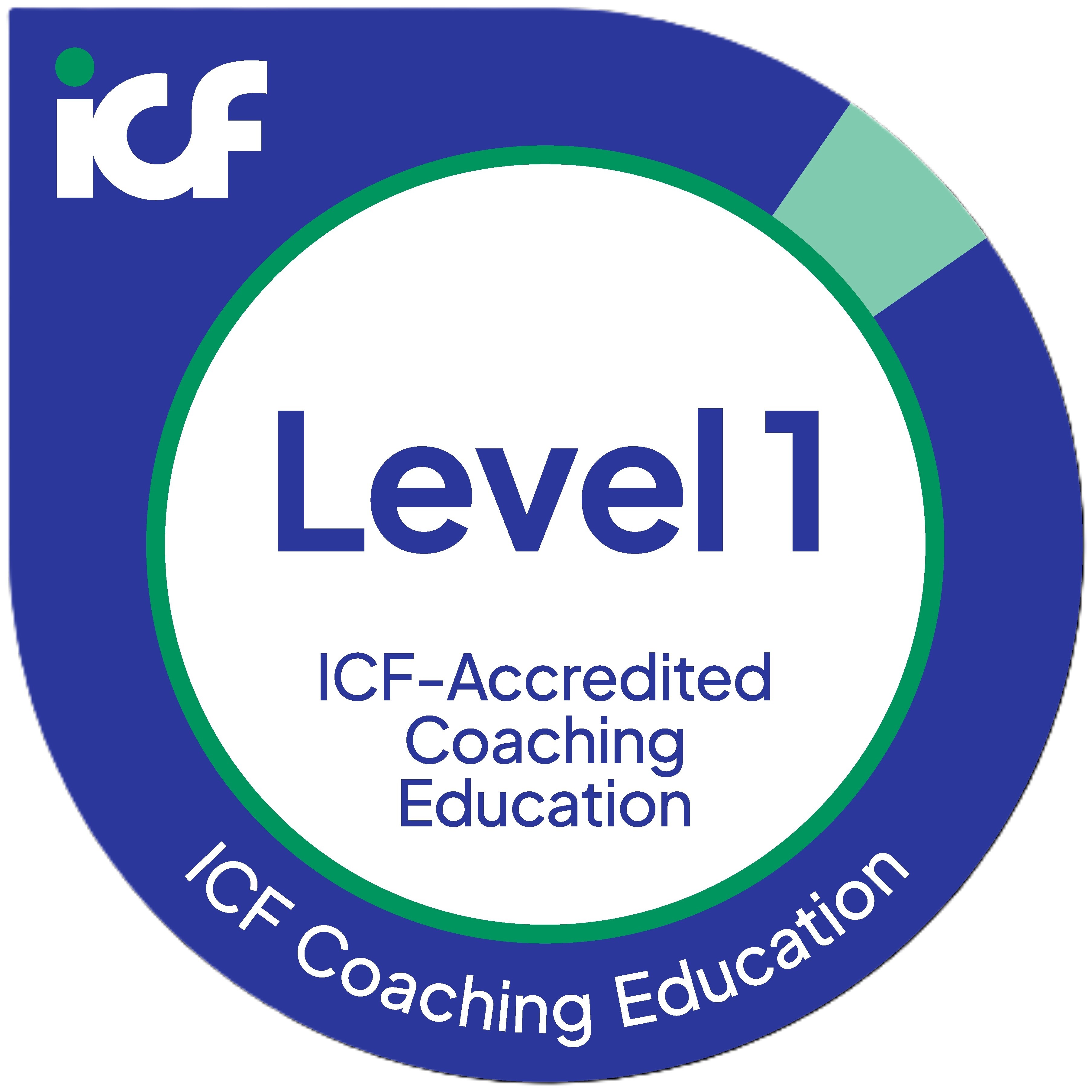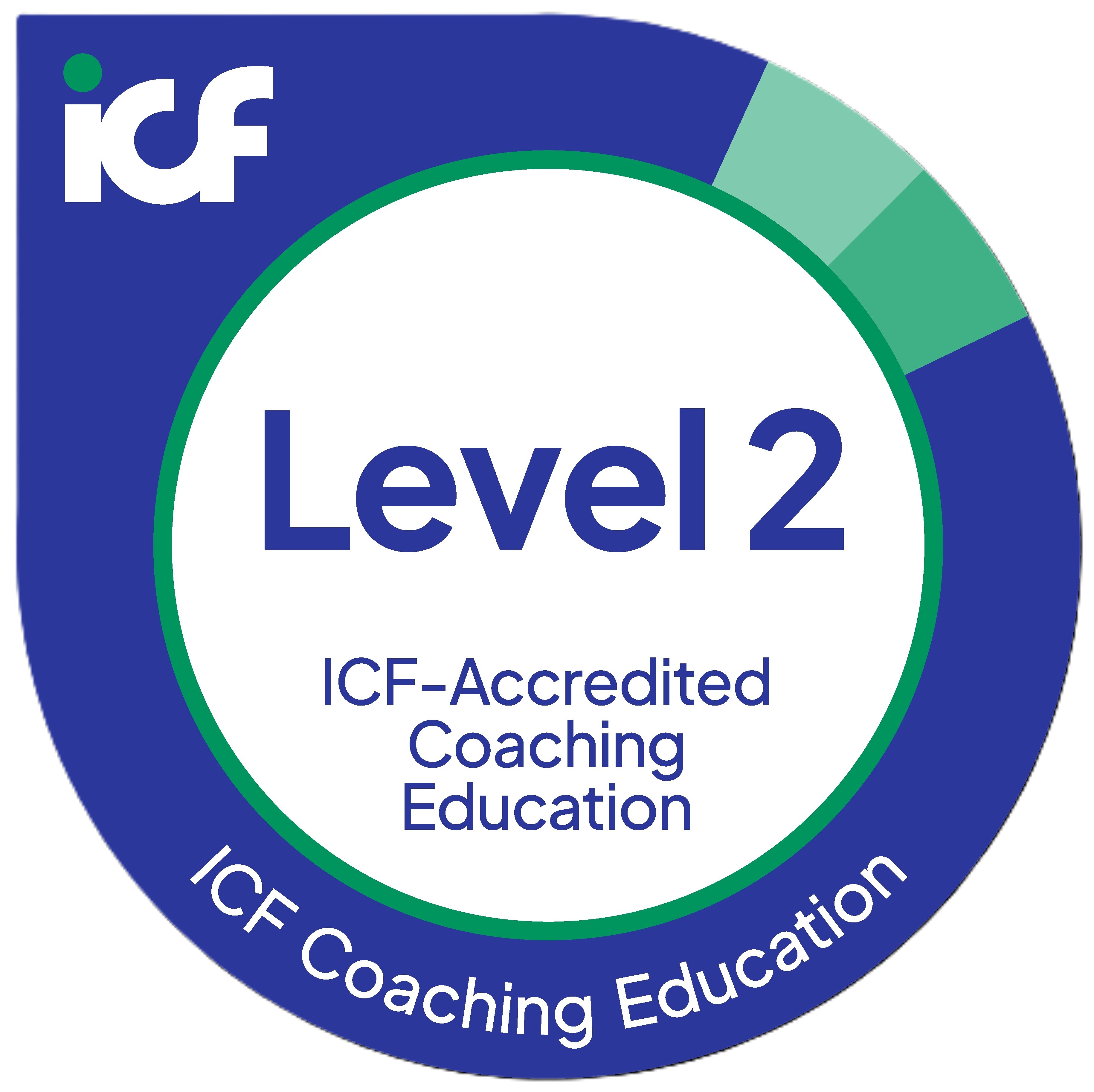
By: Elizabeth Saigal, Ph.D.
With commitment to training as life coaches and putting this learning into practice, we seek to improve our skills and reach our promise. As part of this process, we have the opportunity to observe master coaches at work, engage with mentor coaches and set our own goals for coaching development. At times though, it may seem as though we have the pattern for the dress, but we don’t have the dress. So, what can be done to optimally transfer what we know on paper to our presentation in the coaching conversation? One possibility is to support ourselves by first taking the time to really reflect on what epitomizes coaching mastery and then imagining what it would look like for us to provide this level of service.
To be a skilled life coach, we must work within the parameters of a coaching conversation and not step into arenas that are demarked as distinctive or particular to other types of supportive exchange. This requires refraining from giving advice or being directive, which occurs either by choosing the topic or by selecting where within a topic to place the spotlight, each of which falls into the realms of consultation. Life coaches must also desist from guiding the conversation to the past or to emotions stemming from there, which is typical of therapy. In addition to adhering to the coaching framework, we must check our own agenda at the door and be solely motivated by how we can use the coaching process as an instrument for our client’s development. Our mastery here develops in three key areas: perception of the client as a whole, how we reflect these perceptions back to the client and our presence with the client. Each of these is considered below.
Tuning in to the Whole
Expert life coaches co-establish an agenda with the client that incorporates measures of success and accountability. They are not distracted from this by their own press to demonstrate knowledge, give a good performance, or steer the themes discussed. Successful life coaches also frequently request feedback on the coaching relevance and need and the degree to which coaching was in line with the desired agenda. They use this information to optimize service and make changes accordingly. The best coaching is not driven by seeking a solution, but by co-creating session outcomes. This includes the flexibility to change, or evolve the agenda as initiated by the client.
Proficient life coaches are able to hear the client’s perspectives and modes of thinking, learning and creating even when these differ from their own. They can hear the client’s greatness as well as limiting beliefs and patterns. In addition, they can pick up on key nuances and how these connect to the big picture including the present and future possibilities.
Speaking for Growth
The best way the life coach can add to the conversation is by being curious and inquiring in order to learn from the client. By speaking directly (without frills) and acknowledging the client’s goals and thinking around the situation, broader learning beyond pressing concerns may be elicited. It may require the client to confront themselves and may even bring discomfort. In line with this, questions and statements are evocative and responsive to the client’s unknowns, exploration, and awareness more than the agenda. Talented life coaches are comfortable sharing observations or framing questions without attachment about adoption or concern as to whether the client is ready to hear it. They trust that the client will respond to and take action on those of optimal interest. This brings the possibility of uncovering hidden power and potential by bringing to light the ways in which it has been shut down. By adopting the client’s preferred language or learning style and allowing space for their wisdom to emerge the level of insight can also be increased.
In further support of client development, the expert life coach encourages experimentation to inform subsequent steps. They also ask the client to identify their support systems and define their forms of accountability and will bring up discussion if forward motion is not achieved.
Presence
Life coaches are committed to optimal service from the coaching paradigm and full partnership with the client. They invite an equal exchange and model client responsibility with integrity, respect and unconditional positive regard. Great life coaches are confident and at ease allowing the conversation to flow naturally without working to channel it. They have trust in the process and its inherent value for bringing forth a state of awareness in the moment. They are comfortable not knowing and being vulnerable with the client and do not substitute thinking and analysis for presence and responsiveness.
The proficient life coach lets the client take the lead in designing actions for client progress which can incorporate any aspect of thinking, creating or doing. Though the allowing of full participation in the exchange they can connect with the totality of who the client is and what they want.
Can you visualize yourself being this Master life coach?
 Dr. Elizabeth Saigal has been an ILCT student since Spring, 2012, and is working towards becoming a Master Life Coach. Her ideal client is one who is intent on connecting with their inner truth and aligning with their intuition to live a life on purpose. You can connect with her by email at esaigal@yahoo.com. This post was inspired by the core competencies comparison table available on the ICF website.
Dr. Elizabeth Saigal has been an ILCT student since Spring, 2012, and is working towards becoming a Master Life Coach. Her ideal client is one who is intent on connecting with their inner truth and aligning with their intuition to live a life on purpose. You can connect with her by email at esaigal@yahoo.com. This post was inspired by the core competencies comparison table available on the ICF website.




